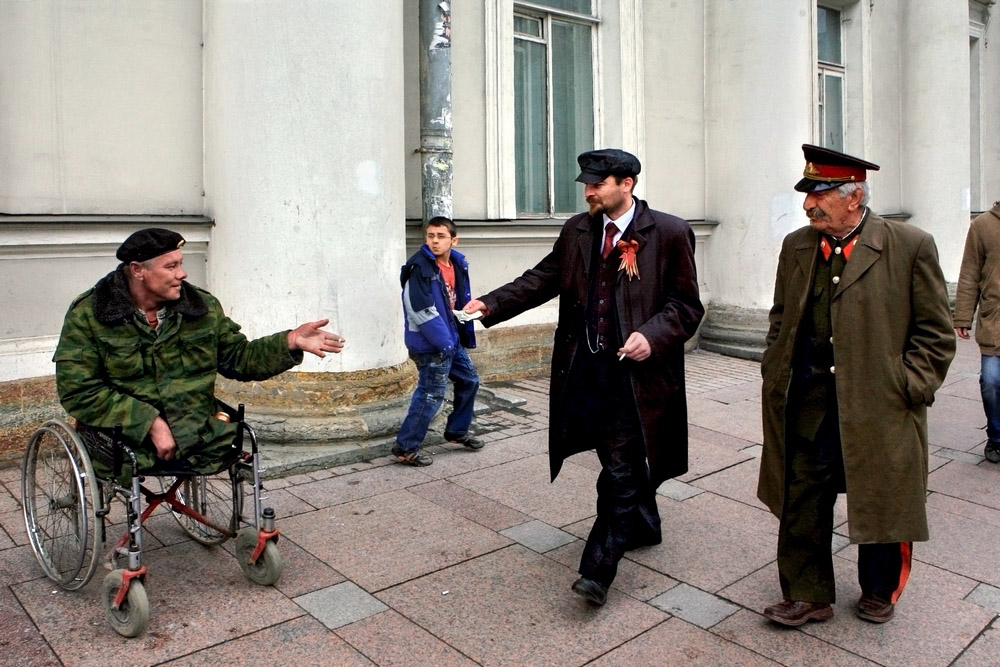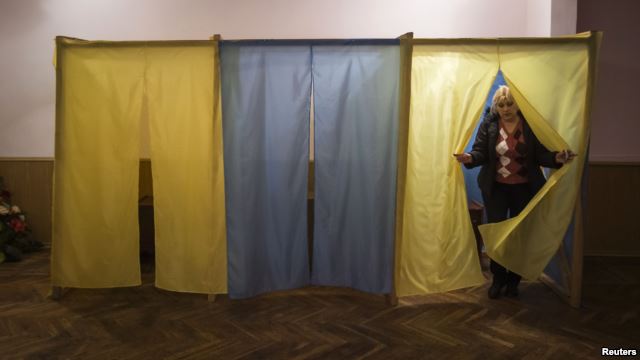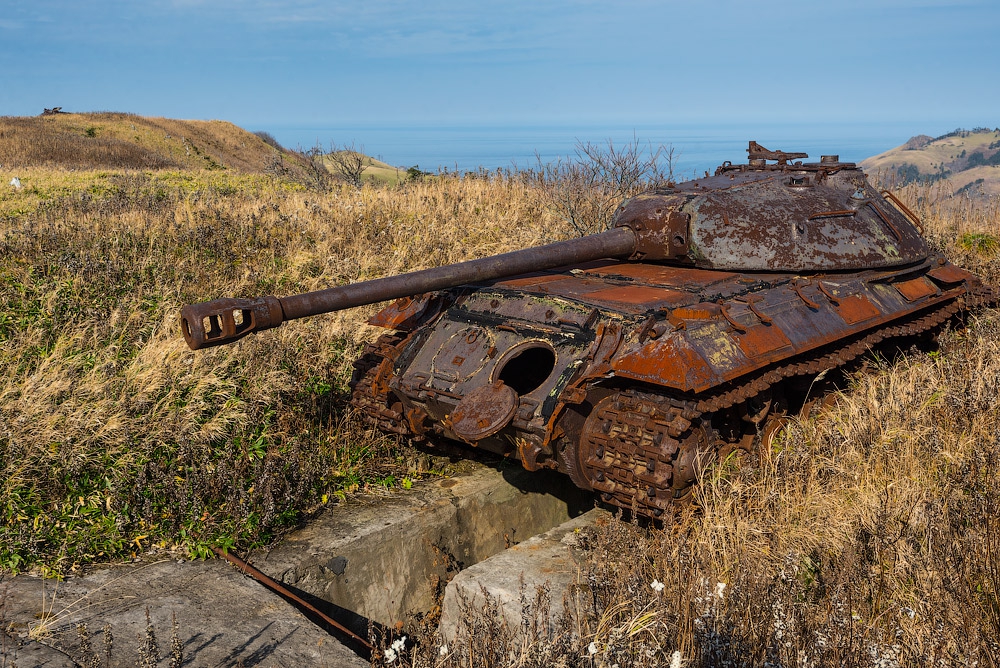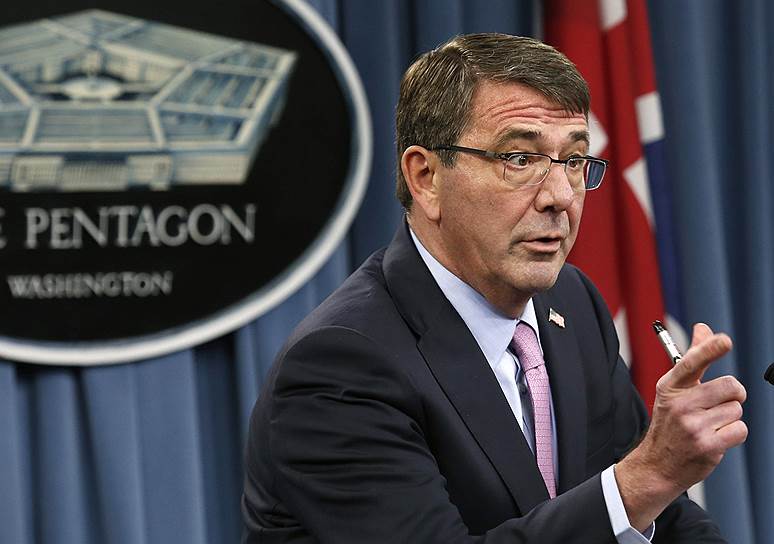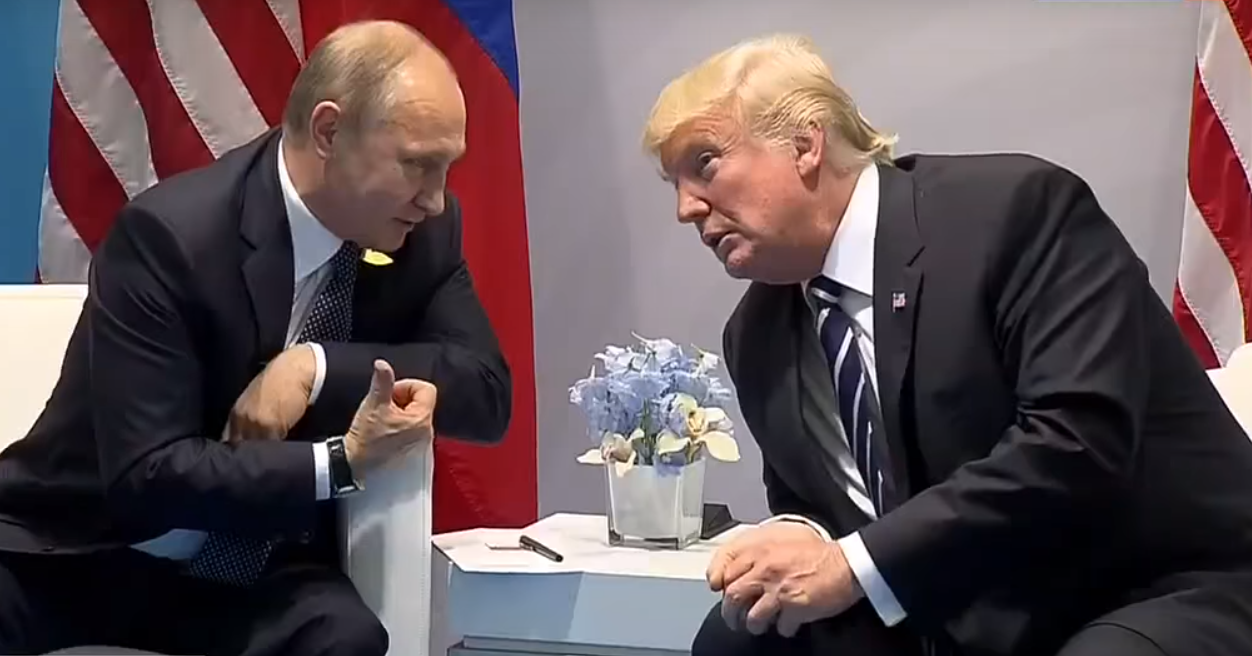Given that Vladimir Putin has signaled that any serious reforms in the near term are unlikely or even impossible, ever more Russians are predicting revolution, especially as that country enters the centenary of the two revolutions of 1917, Aleksandr Baklanov says.
That doesn’t mean that a revolution will happen – indeed, it may be an indication that none will occur – but it does define the kind of discourse that is offered ever more frequently by Moscow analysts and commentators and one that will help shape public debate even if it does not prove to be an accurate prediction.
The news editor of the Snob.ru portal says that
In fact, Baklanov points out, Russians have been predicting a revolution in Russia for quite some time. “One of the first” to do so, he was former Duma deputy speaker Vladimir Ryzhkov who in December 2005 said “a new revolution will begin in October 2017.”
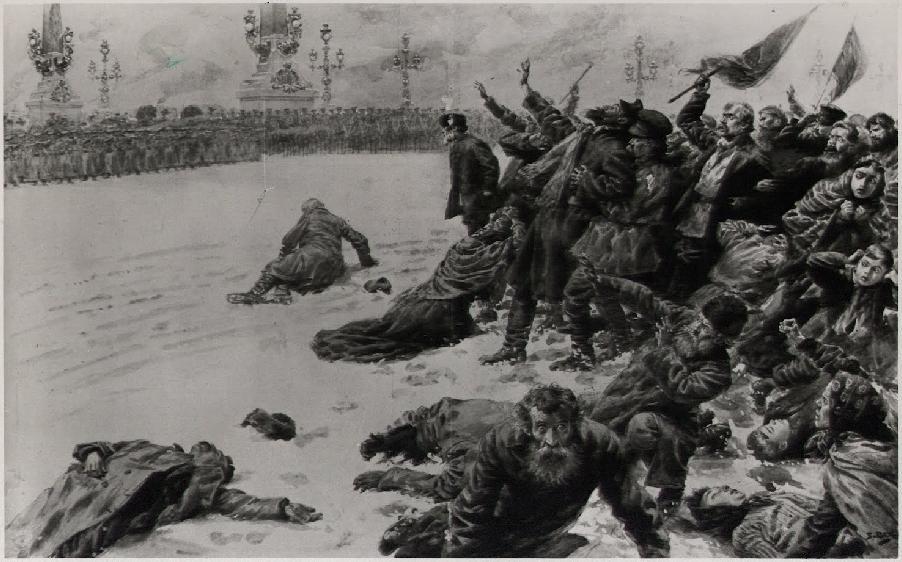
Others have followed. In November 2012, political analyst Sergey Chernyakhovsky said that there is every reason to think that there will be a revolution in Russia in 2017 because “the situations of 1917 and 2017 are very similar,” a position KPRF activist Andrey Sartakov shared in November 2013.
In 2015, economist Yevgeny Gontmakher made the same argument and suggested that a revolution could break out in 2017, and later in the same year, former Yukos head and émigré activist Mikhail Khodorkovsky said “revolution in Russia is inevitable,” although he gave no date.
As 2017 approached, ever more Russians made such suggestions and made them more concrete. Saratov deputy Vyacheslav Maltsev, for example, not only said that there would be a revolution in Russia in 2017 but gave a precise date that he said it would break out: November 5.
Baklanov suggests there are three main scenarios suggested by those who see a revolution ahead.
The first is a popular rising, and it is clear that the Kremlin is “already preparing for that.” It has been conducting exercises to get its force structures ready and it is seeking to measure the protest potential of young people.
В ожидании... #Ленин #Революция #1917 #2017 pic.twitter.com/lSiyk8nCxK
— Комсомол Пермский (@lksmperm) April 10, 2013
That is a reasonable precaution, of course, but some analysts, including sociologist Natalya Tikhonova say that the protests the regime is likely to face in the coming spring and summer may be far larger than anyone now thinks and thus challenge the ability of the regime to contain them.
The second favored scenario, Baklanov continues, is a more prolonged crisis without the explosion of a popular rising or revolution. According to one survey of leading economists from various countries, half think there will be protests but far fewer think there will be a revolution. One argued that “the political reaction to poverty will be apathy rather than revolution.”
And the third scenario is “a revolution in people’s minds” rather than in the streets. MGIMO professor Valeriy Solovey is one of the supporters of this idea. He says that “a bloody revolution” is excluded because it would lead to the disintegration of the Russian Federation.
But public attitudes may change in significant ways and these changes “will begin precisely in 2017,” not because of the “magic of numbers” but because of the coincidence of factors, he argues.
“If we say that everything today is in the hands of the powers that be,” Solovey says; “we must not forget that the authorities who have no competitors will inevitably make ever more mistakes. Plus the general situation will feed that: the country’s resources will begin to run out, and dissatisfaction will increase.”
https://twitter.com/elvin2019/status/768693506500096001
“It is one thing when you have to wait a year or two, but when you are given to understand … that you may have to wait your entire life (20 years of stagnation and then what?), your worldview begins to change” and you begin to think about radical means of achieving that change.
Russians “experienced a similar situation at the end of the 1980s and the beginning of ht 1990s, just before the destruction of the USSR. Because at first revolutions take place in people’s minds. This isn’t even a readiness of people to speak against the authorities.” Rather, it is one where people begin to question the legitimacy of those who are holding them back.
Of course, Baklanov says, there is a fourth scenario these visionaries of revolution don’t offer. It is that “nothing” will change at all in 2017. Political analyst Dmitry Travin is among those who doubts that any revolution in Russia is possible anytime soon.
According to Travin, “the current political situation is not like the events of 1917.” Rather it is Brezhnev’s stagnation but with shops full of food and a generally accepted view that Russia has been forced to live as “a besieged fortress,” an attitude that leads people to support the regime and the regime to take steps to make sure Russians continue to feel that way.
Related:
- Where Russia is already beginning to collapse -- the Permafrost Zone in the Far North
- How bad are things in Russia? Children ask Grandfather Frost to send them to the dentist
- Putin's Busy Week
- The West didn't 'betray' Russia: Russia betrayed its best self
- Debates about Putin now recall those about Hitler in mid-1930s, Ikhlov says
- How Putin's Russia is becoming Stalin's USSR

